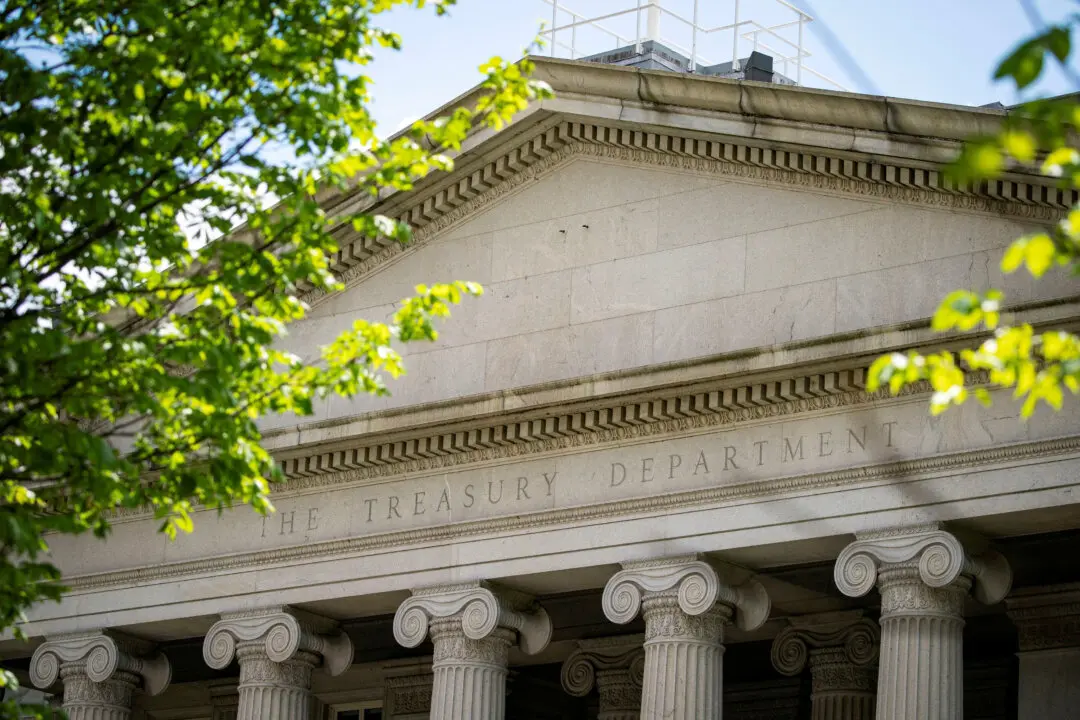Commentary
Public finance—the means by which government obtains the funds that it spends—is morally problematic. The more that government expenditures increase, the greater the likelihood of moral mischief.

Public finance—the means by which government obtains the funds that it spends—is morally problematic. The more that government expenditures increase, the greater the likelihood of moral mischief.